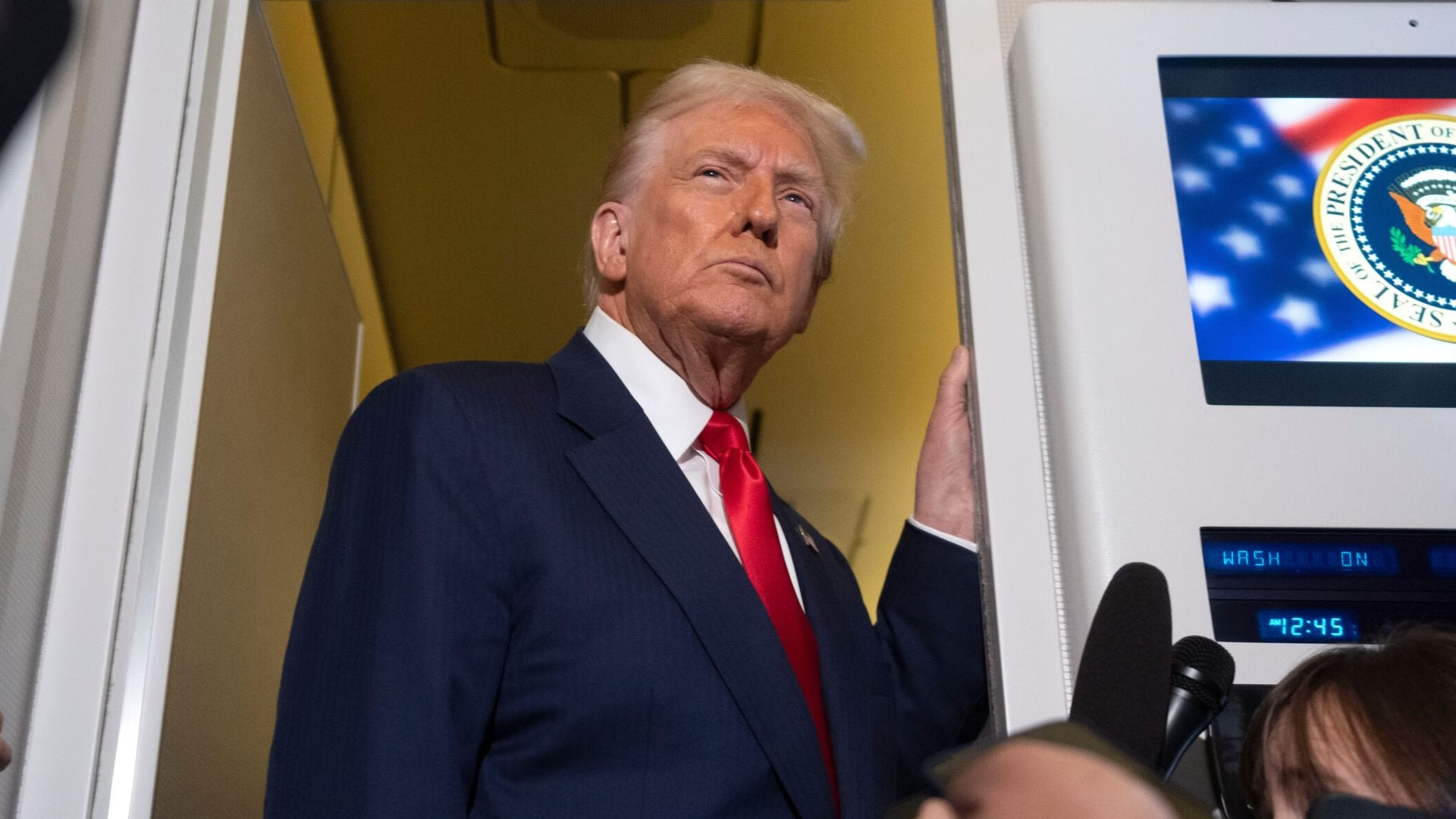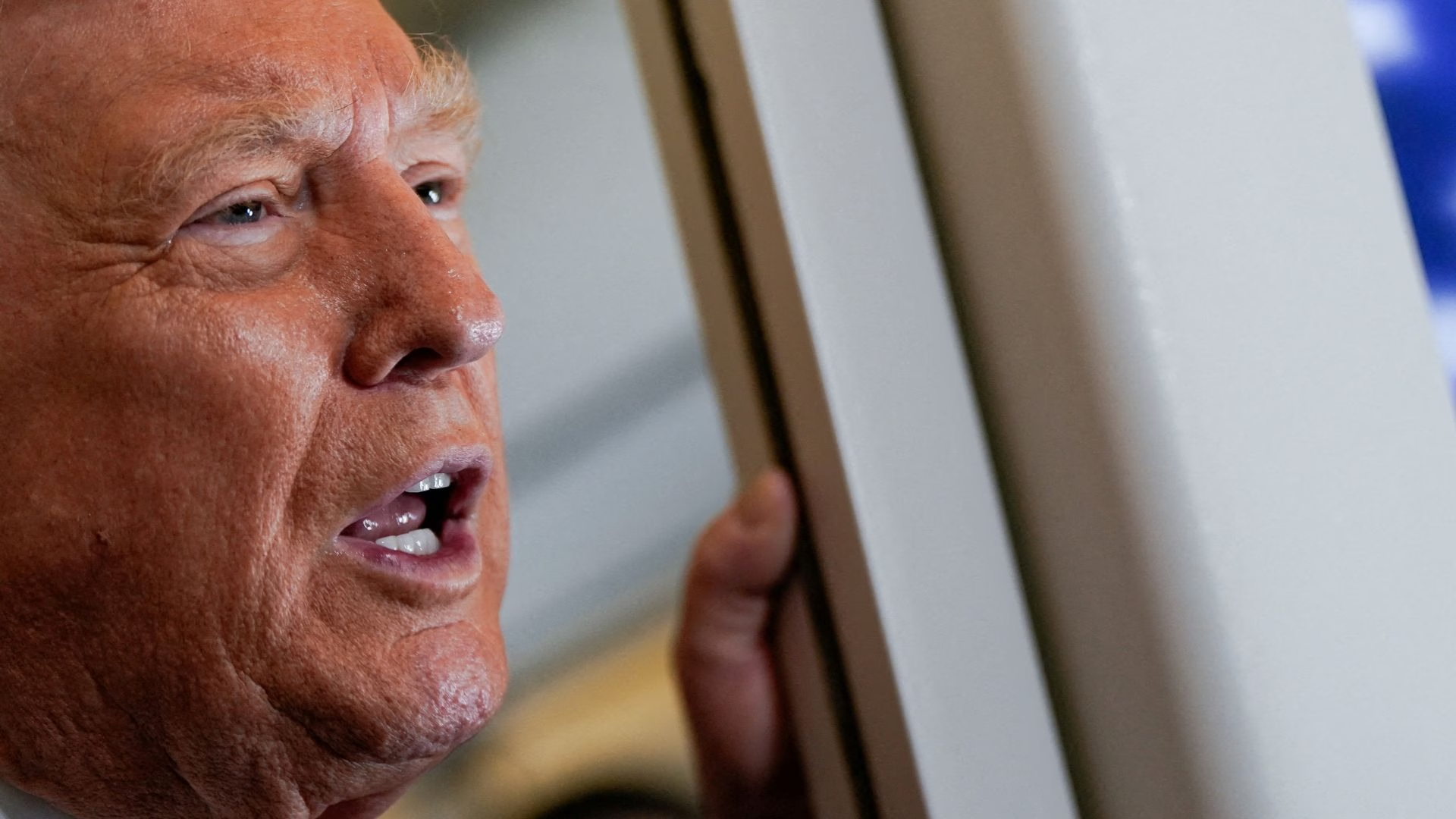
Israeli Prime Minister Benjamin Netanyahu has officially moved forward with a settlement expansion plan in the occupied West Bank that would make any future Palestinian state virtually impossible.
The Israeli leader signed an agreement on Thursday to move ahead with the project, which would bisect the West Bank.
“We are going to fulfil our promise that there will be no Palestinian state. This place belongs to us,” Netanyahu said at the event in Maale Adumim, an Israeli settlement just east of Jerusalem.
“We are going to double the city’s population.”
The settlement, on a 12sq-km (4.6sq-mile) tract of land east of Jerusalem, is known as “East 1” or “E1”.
The development plan, which includes 3,400 new homes for Israeli settlers, would cut off much of the West Bank from occupied East Jerusalem while linking up thousands of Israeli settlements in the area.
East Jerusalem carries particular significance to Palestinians as their choice for the capital of a future Palestinian state.
All Israeli settlements in the West Bank, occupied since 1967, are considered illegal under international law, regardless of whether they have Israeli planning permission.
Reporting for Al Jazeera from Amman, Jordan, because Israel has banned Al Jazeera from the West Bank and Israel, Hamdah Salhut explained that this expansion is controversial because it destroys any territorial continuity from the West Bank to East Jerusalem, further dismantling any possibility that there could be a Palestinian state in the future.
Advertisement
Palestinian leaders push back
Palestinian Authority presidential spokesperson Nabil Abu Rudeineh on Thursday insisted that a Palestinian state with East Jerusalem as its capital is the key to peace in the region. He called it and the two-state solution “inevitable” despite Netanyahu’s move.
Rudeineh condemned Israeli settlements as illegal under international law and accused Netanyahu of “pushing the entire region towards the abyss”.
He noted that 149 United Nations member states have already recognised Palestine and called on all countries that have not yet done so to recognise a Palestinian state immediately.
How did we get here?
Netanyahu has long championed settlements in occupied Palestinian territory and fought any efforts towards peace between Israel and Palestine. He railed against the signing of the Oslo Accords, two agreements in the 1990s between Israel and the Palestine Liberation Organization that many hoped would lead to the creation of a Palestinian state.
“I de facto put an end to the Oslo Accords,” Netanyahu was caught on video boasting in 2001.
In 1997 during his first term as prime minister, Netanyahu helped establish the settlement of Har Homa in East Jerusalem, CNN reported. He added in an interview with the Israeli news site NRG that a Palestinian state would never be formed while he was in office.
More recently, far-right Israeli Finance Minister Bezalel Smotrich said settlements such as E1 will help erase Palestine from the map, even as Palestinian statehood gains increasing recognition from UN member states.
“This reality finally buries the idea of a Palestinian state because there is nothing to recognise and no one to recognise,” Smotrich said.
The UN General Assembly demanded in September 2024 that Israel end its presence in the West Bank by withdrawing its military, immediately stopping work on new settlements and evacuating settlers from occupied land.
More than 100 nations voted for the resolution. Fourteen voted against.
The vote followed an advisory opinion issued by the International Court of Justice in July 2024 that said Israel’s continued presence in occupied territory was unlawful and Israel was “under an obligation to cease immediately all new settlement activities and to evacuate all settlers from the occupied Palestinian Territory”.
Netanyahu called the opinion a “decision of lies”.
More recently, 21 countries, including the United Kingdom, Australia and Japan, condemned Israel’s plan to build its new settlement.
Advertisement
Germany announced on Thursday that it will back a France-led proposal for a two-state solution, the Bloomberg news agency reported. Berlin is planning to support a UN resolution this week to adopt the New York Declaration, led by France and Saudi Arabia and calling for the creation of a Palestinian state and a right to return for refugees.
Belgium, France and Malta have pledged to recognise a Palestinian state at the UN General Assembly session this month. Other countries, including Australia, Canada and the UK, have announced conditional recognitions, but it has remained unclear whether they will do so at the gathering.
The situation in the West Bank and Gaza
The settlement expansion news comes amid escalating violence.
On Monday, six people were killed in a shooting attack in Jerusalem when two Palestinian gunmen attacked a bus stop at the Ramot Junction. Several others were wounded.
Israeli forces responded by storming towns and demolishing the homes of the Palestinian suspects in the West Bank.
Al Jazeera reported on Thursday that nearly 100 men were arrested in Tulkarem in the West Bank. The arrests came after an attack that “lightly wounded two soldiers,” Haaretz reported, quoting the Israeli army.
In Gaza, where Israel’s war has killed at least 64,656 people and wounded 163,503 since it began in October 2023, Netanyahu is continuing to push “voluntary migration“, a euphemism for forced displacement and ethnic cleansing.
British Caribbean News


